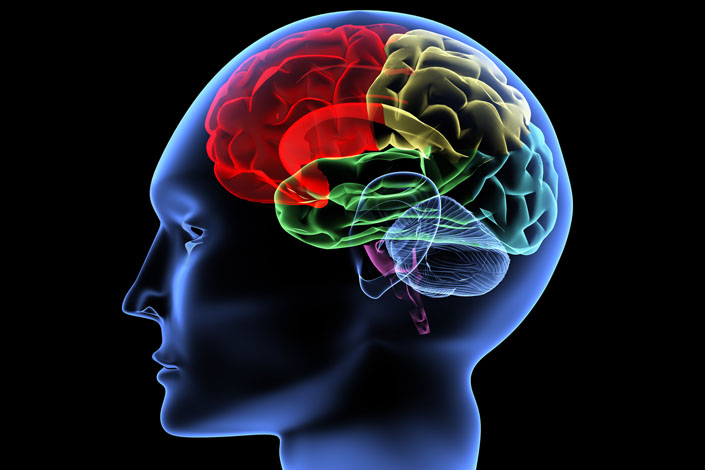W gabinecie lekarza rodzinnego Terapia 2021, 5 ( 400 ) : 112 - 116
Powikłania neurologiczne w przebiegu COVID-19 a terapia witaminami z grupy B
Neurological complications in the course of COVID-19 infection and vitamin B complex therapy
At the same time, when considering long-term treatment of the above disorders, we still have no data to indicate the contribution of specific medicinal substances to preventing the development of at least some of the neurological symptoms. Of course, in the case of cerebrovascular incidents, meningitis or GBS, the usual causal treatment is the standard. However, we must not forget other symptoms, like myopathy or polyneuropathy, where, alongside proper diagnostics, consideration should be given to introducing measures to support regeneration, including the well-known vitamin B complex therapy that is used in similar disorders.
COVID-19 jest chorobą o bardzo zróżnicowanym przebiegu, a najczęściej obserwowanymi objawami w trakcie infekcji wirusem SARS-CoV-2 są: gorączka, kaszel, duszność, silne osłabienie, bóle mięśniowe i kostno-stawowe. Pozostałe objawy, tj. bóle głowy, utrata smaku i węchu, zaburzenia rytmu serca, nudności, wymioty, biegunka czy zmiany skórne, pojawiają się z różną częstością, a ich wystąpienie zależy prawdopodobnie m.in. od wariantu wirusa.

Zaloguj się i przeczytaj bezpłatnie całą treść artykułu.
Nie masz jeszcze konta dostępowego?
Zarejestruj się bezpłatnie, a otrzymasz:
* dostęp do wszystkich doniesień oraz pełnych tekstów artykułów naukowych w naszej Czytelni,
* prawo do bezpłatnego otrzymywania newslettera "Aktualności TERAPIA" z przeglądem interesujących i przydatnych wiadomości ze świata medycyny oraz systemu ochrony zdrowia w Polsce i na świecie,
* możliwość komentowania bieżących wydarzeń oraz udziału w ciekawych quizach i konkursach.
Zapraszamy serdecznie, dołącz do naszej społeczności.



Dodaj komentarz